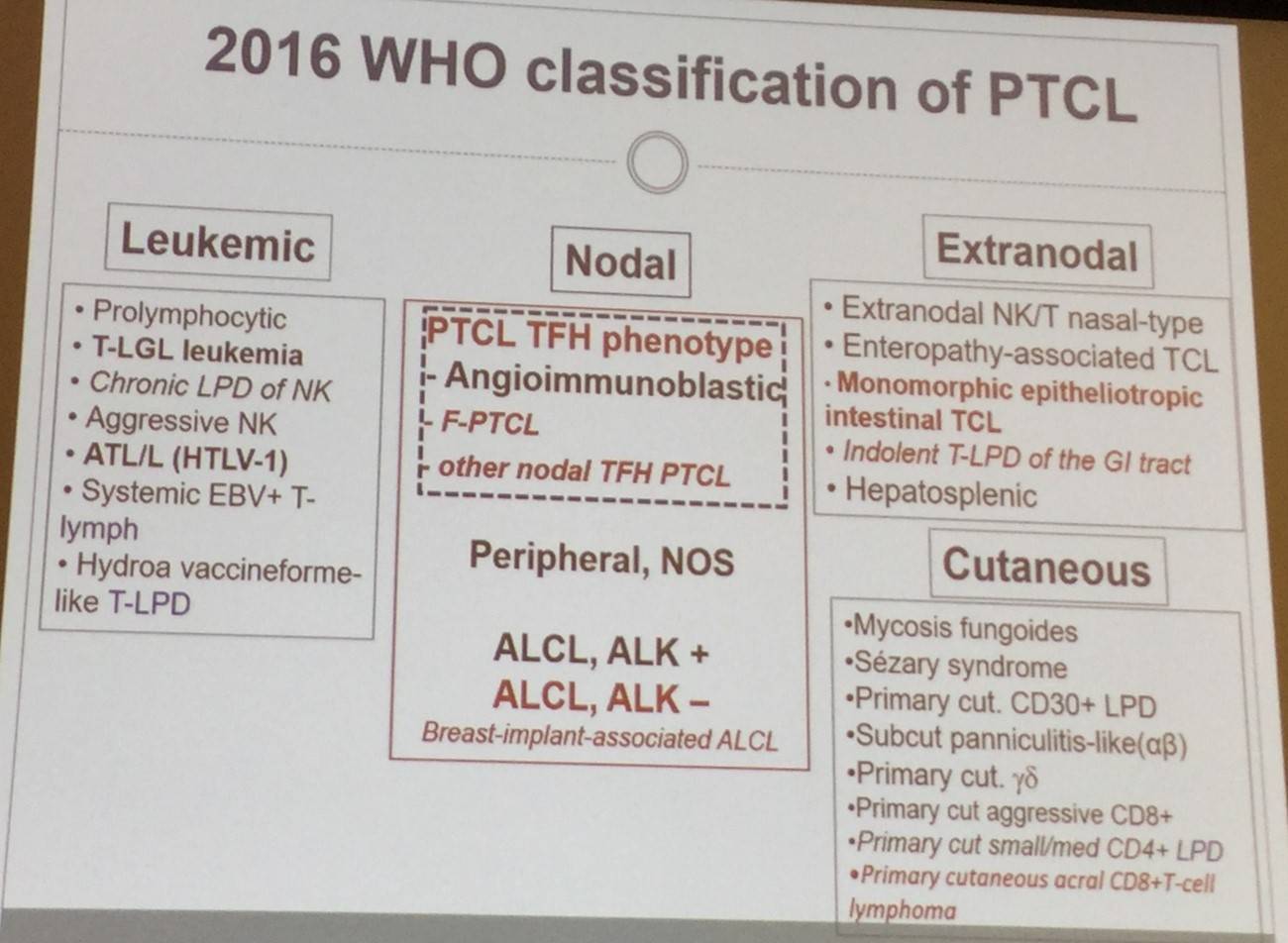All content on this site is intended for healthcare professionals only. By acknowledging this message and accessing the information on this website you are confirming that you are a Healthcare Professional. If you are a patient or carer, please visit the Lymphoma Coalition.
The lym Hub website uses a third-party service provided by Google that dynamically translates web content. Translations are machine generated, so may not be an exact or complete translation, and the lym Hub cannot guarantee the accuracy of translated content. The lym and its employees will not be liable for any direct, indirect, or consequential damages (even if foreseeable) resulting from use of the Google Translate feature. For further support with Google Translate, visit Google Translate Help.
The Lymphoma & CLL Hub is an independent medical education platform, sponsored by AbbVie, BeOne Medicines, Johnson & Johnson, Miltenyi Biomedicine, Roche, Sobi and Thermo Fisher Scientific and supported through educational grants from Bristol Myers Squibb, Incyte, and Lilly. The funders are allowed no direct influence on our content. The levels of sponsorship listed are reflective of the amount of funding given. View funders.
Now you can support HCPs in making informed decisions for their patients
Your contribution helps us continuously deliver expertly curated content to HCPs worldwide. You will also have the opportunity to make a content suggestion for consideration and receive updates on the impact contributions are making to our content.
Find out more
Create an account and access these new features:
Bookmark content to read later
Select your specific areas of interest
View lymphoma & CLL content recommended for you
EHA-SWG 2017 | Rare Lymphomas: Biology of T-Cell Lymphomas
On March 10–12 2017, the EHA-SWG meeting on Rare Lymphomas took place in Barcelona, Spain, and was jointly chaired by Prof. Martin Dreyling, from Klinikum der Universität München, Germany, and Prof. Marie José Kersten, from the Academic Medical Center, Amsterdam, The Netherlands.
On March 12th 2017, P. Gaulard from the Hôpitaux Universitaires Henri Mondor, Paris, France, gave a talk on the Biology of T-Cell Lymphomas (TCLs).
Firstly, an overview of the learning objectives was given:

Challenges in PTCLs include: great clinicopathological heterogeneity, difficult diagnosis, cell of origin, oncogenic events still poorly characterized, rare diseases (geographic variations), and rarity of in vitro and in vivo models. It was stated that there is an unmet medical need: 1/3 are primary refractory, 1/3 are relapses, and it is uncertain if the remaining 1/3 are cured long-term.
It was also stated that PTCL cell of origin is T helper subsets:

An overview of the 2016 WHO classification of PTCL was also given:

In terms of PTCL-NOS, it was stated that every case is a “diagnosis of exclusion”; an extensive panel of IHC markers (TFH markers, FDC, EBV, CD30, cytotoxic, etc.) to exclude a better defined PTCL entity, in particular PTCL of TFH origin, ALCL, or involvement by an extranodal PTCL.
To finish the talk, P. Gaulard summarized the conclusions and challenges of PTCLs:

References

